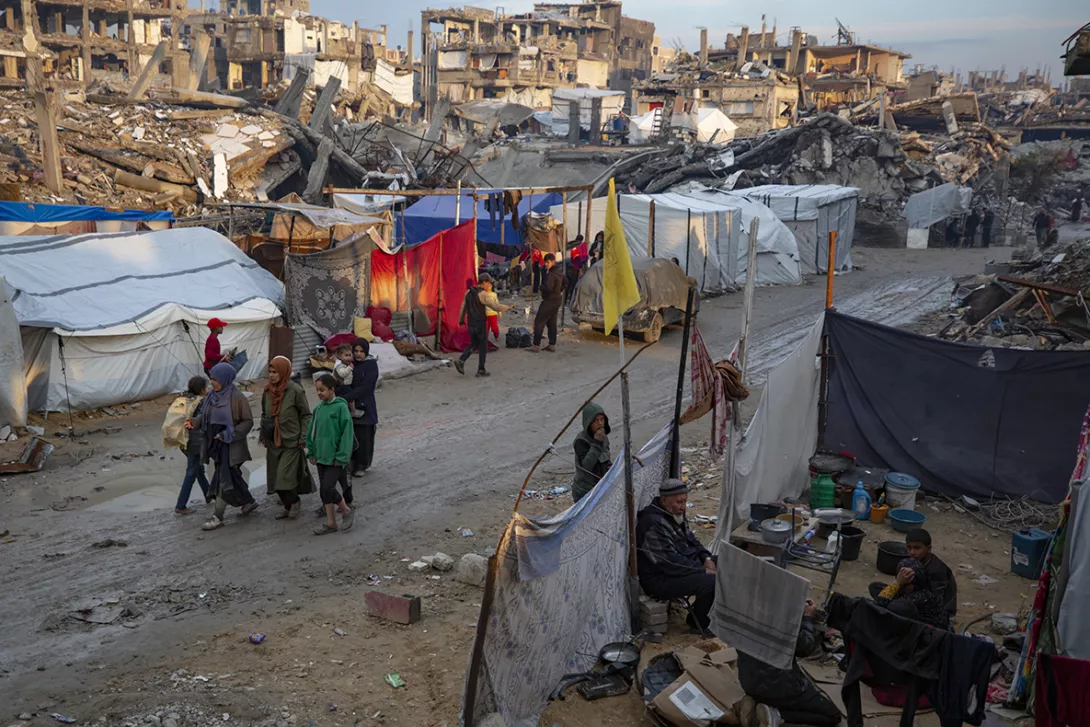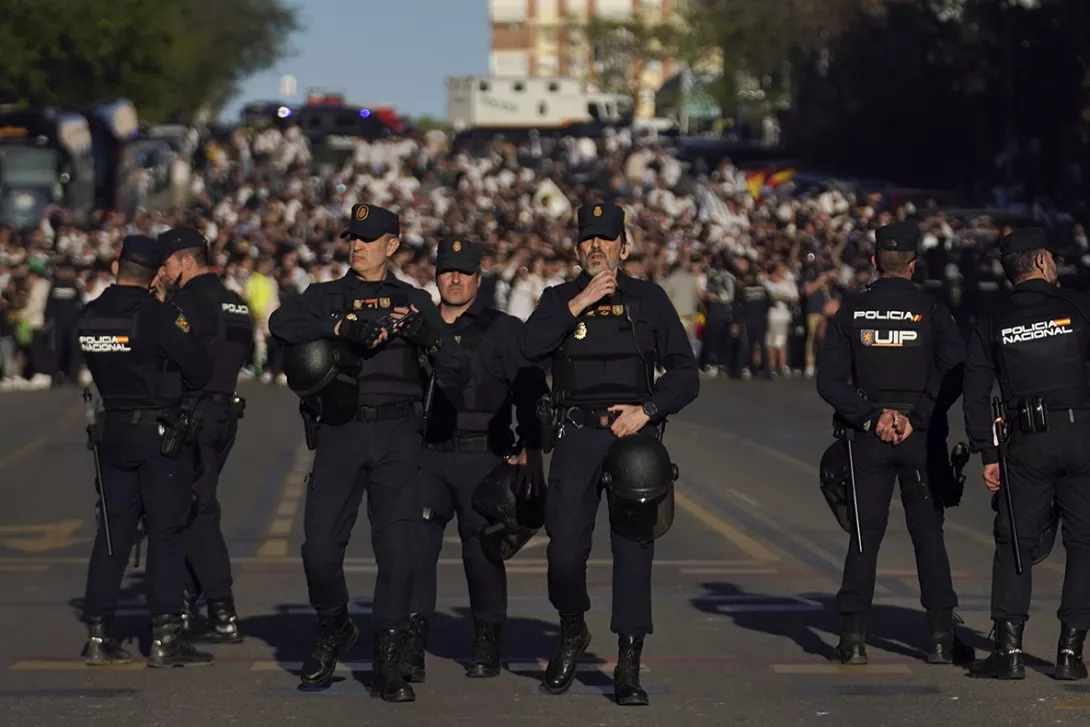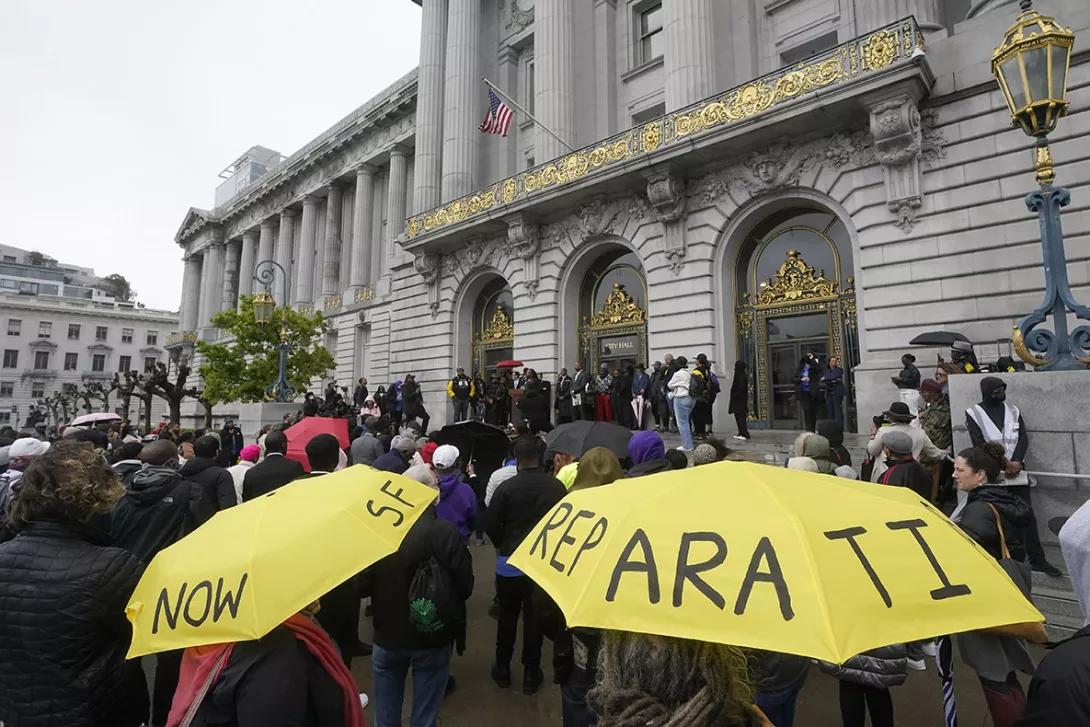Events across the world mark UN International Day for the Elimination of Racial Discrimination
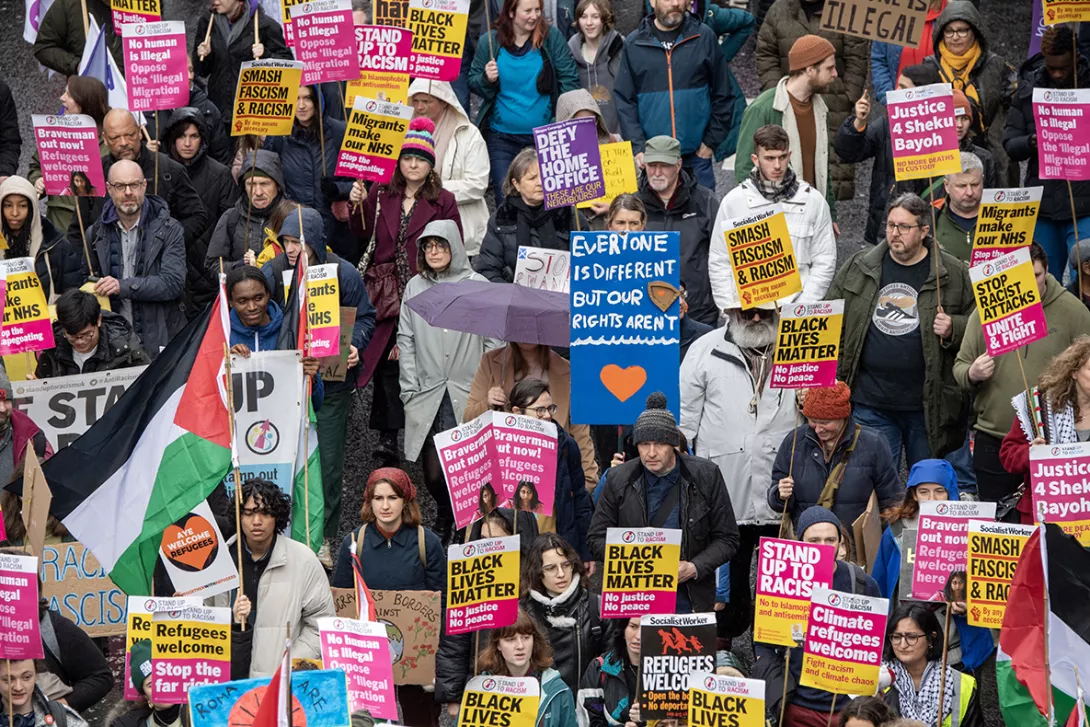
EVENTS were held across the world today to mark the United Nations International Day for the Elimination of Racial Discrimination.
The annual occasion was set up as a reminder of the continuing fight for racial equality and the devastating consequences of racial and ethnic discrimination.
In 1979, the UN general assembly adopted a programme of activities to be undertaken during the second half of the decade for action to fight racism.
More from this author
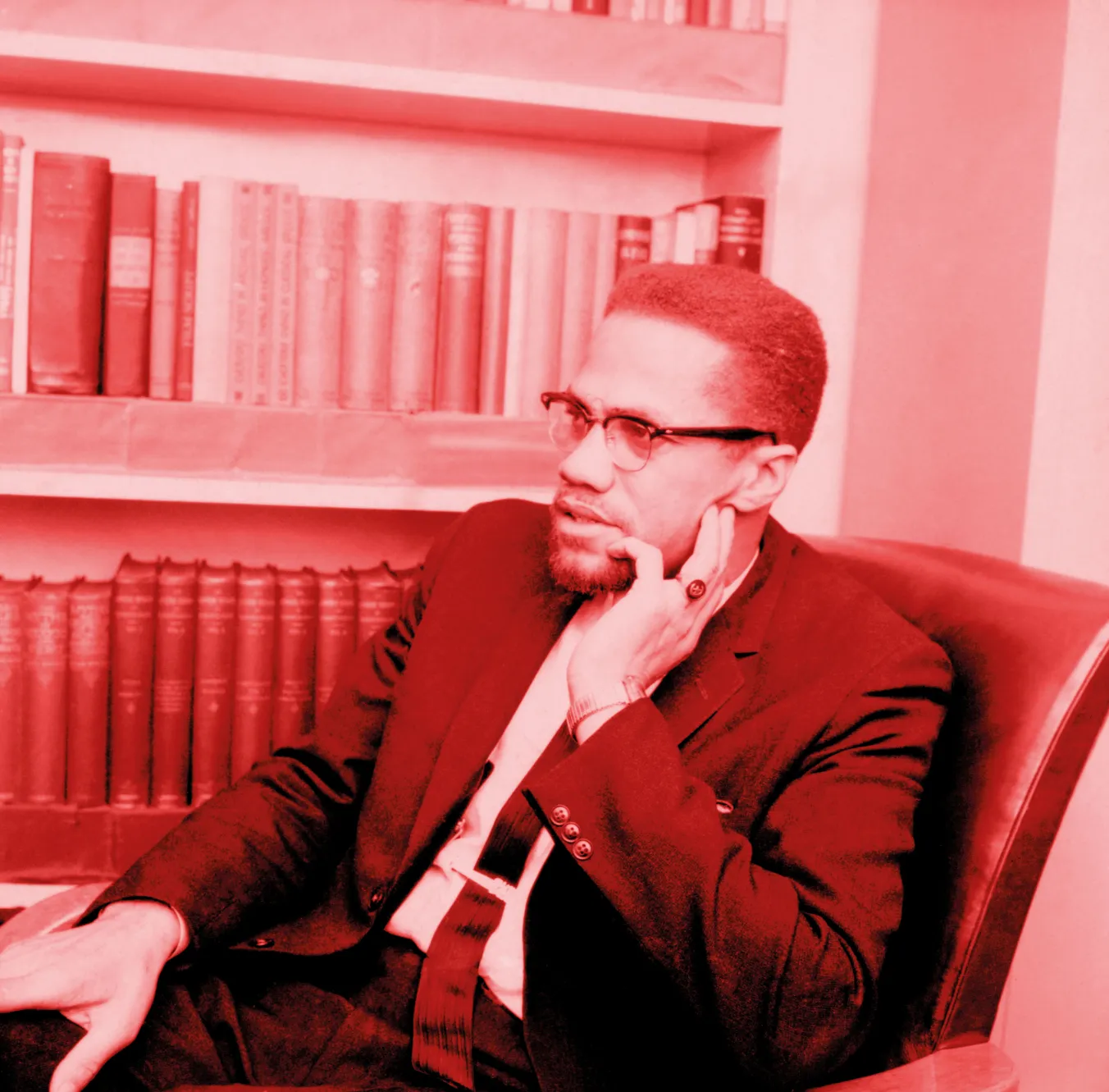
ROGER McKENZIE looks back 60 years to the assassination of Malcolm X, whose message that black people have worth resonated so strongly with him growing up in Walsall in the 1980s
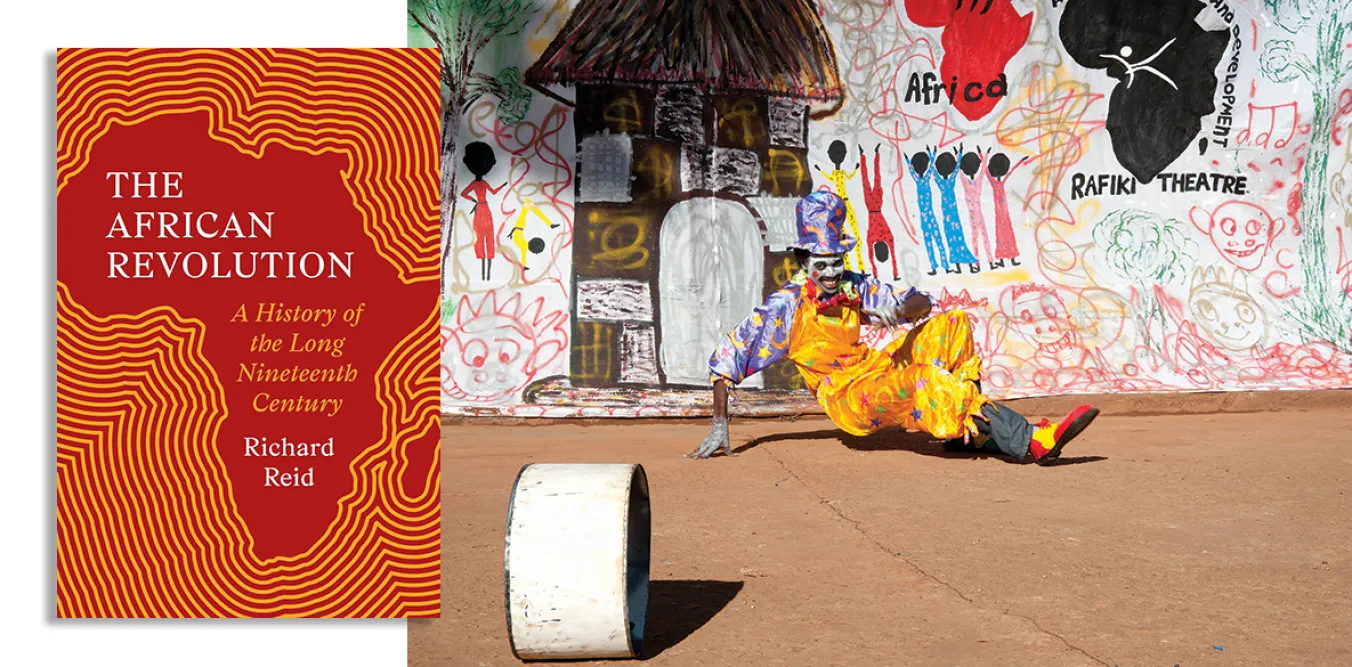
ROGER McKENZIE welcomes an important contribution to the history of Africa, telling the story in its own right rather than in relation to Europeans
Similar stories










